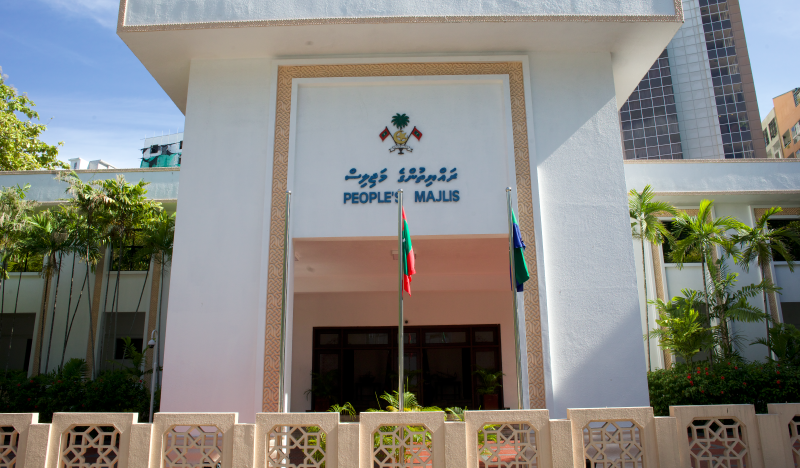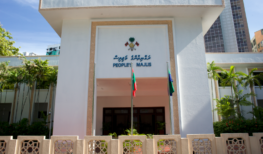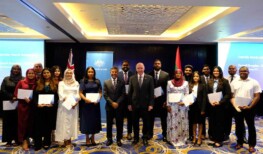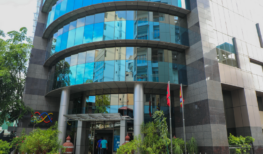Civil Rights NGOs Condemn “Hasty” Constitutional Amendments

A coalition of civil rights and climate organisations has condemned amendments to the Maldivian constitution ratified by President Dr. Mohamed Muizzu last night, following an expedited parliamentary process.
In a joint statement, 11 organisations, including Transparency Maldives and the Maldives Local Councils Association, expressed “grave concern” over the hasty manner in which the amendments were introduced, debated, and ratified.
The People’s Majlis, led by a ruling party supermajority, submitted the constitutional changes yesterday morning and passed them within hours. President Muizzu ratified the amendments at approximately 20:40, less than 12 hours after their initial reading in parliament.
The NGOs argued that the process violated Article 4 of the constitution, which asserts that “all powers of the State are derived from the people” and should remain vested in them,
The parliament, instead, derailed due process and completely excluded the people from it, they noted.
“The precipitous timeline between the submission of the Bill, the passage by the parliament, and the ratification by President Dr. Mohamed Muizzu is deeply troubling,” the statement read.
The organisations criticised the parliament for bypassing due process, stating it deprived lawmakers of the opportunity to conduct thorough reviews, research, and informed debate on the changes.
The Bar Council of Maldives had also raised similar concerns yesterday, releasing a statement while the parliament was in session. The council called for public consultation and debate on constitutional amendments, emphasising the need for transparency and public participation in decisions of national importance.
Changes “Consolidate Executive Power” and “Undermine Representative Choice“
The coalition of NGOs took particular issue with provisions that adds to the powers of the president to formulate national development plans and another that would strip MPs of their seats if they leave, switch, or are dismissed from their parties.
The formulation of development plans were previously mandated to local councils with close consultation with the public, the group noted. This, the groups argued, consolidates power within the executive branch and undermines democratic principles.
While acknowledging concerns over political floor-crossing, they also noted that the changes on anti-defection could constrain MPs’ political independence, forcing them to align strictly with party positions, regardless of their constituents’ interests. A solution to the issue should be addressed through a consultative process.
The NGOs called on the government and parliament to uphold democratic norms and legal procedures, particularly when amending the constitution, which they described as “the nation’s supreme legal document.”
President Defends Amendments
In a video posted on social media at 3 am this morning, President Muizzu characterised the amendments as “very important” for the independence, sovereignty, and stability of the Maldives.
“These changes were made in the interest of the Maldivian people,” he said, applauding parliament members for their “patriotism” in passing the amendments. However, he did not address concerns about the rapid legislative process or the lack of public consultation.







